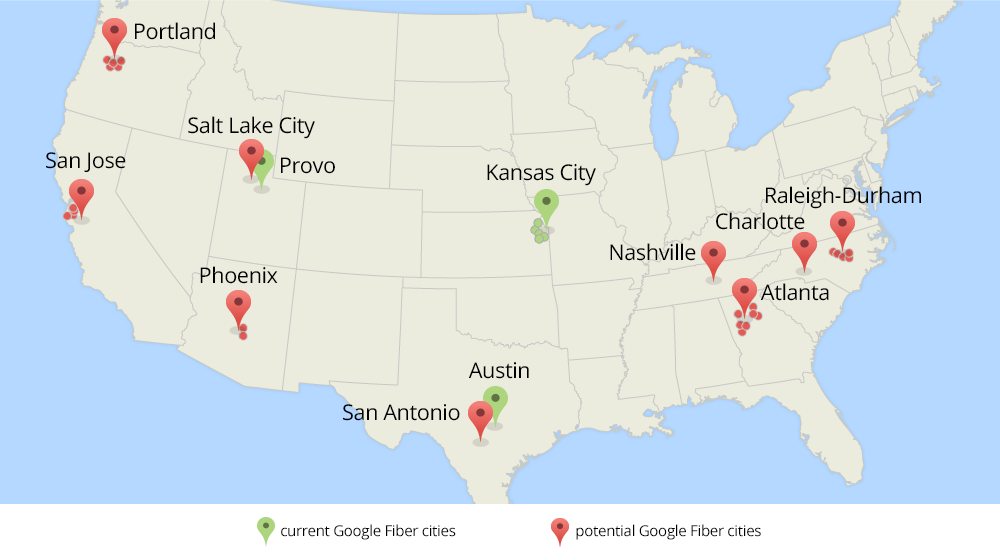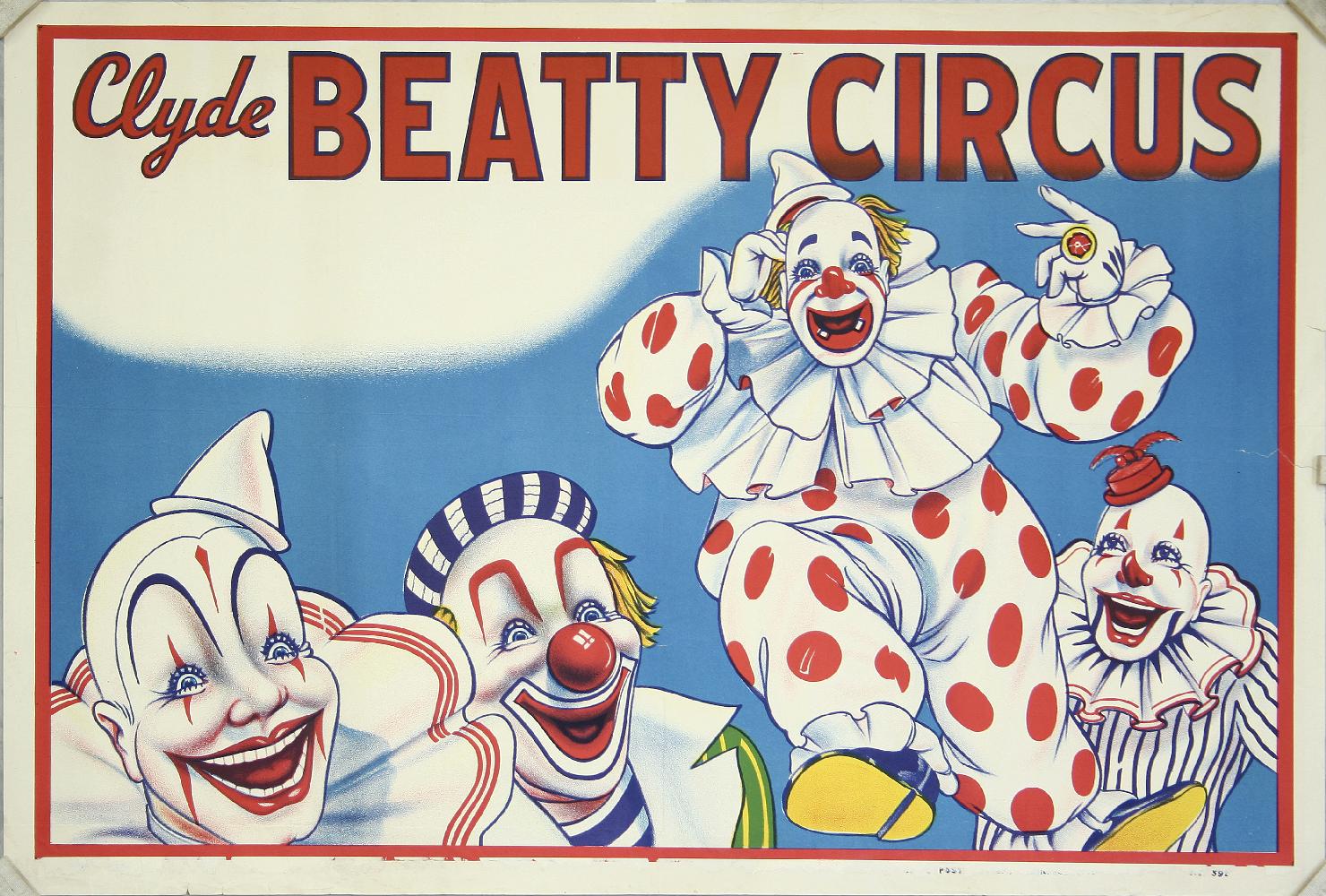How much does industry specific experience matter?
Lifted from a comment left on Tuesday's 'Chocolate Foresight Activator' post was this question from commenter Stew, who wondered about my conclusion/observation that since Hershey didn't mention the word 'chocolate' at all in the job posting for this 'Chocolate Futurist' role, that maybe what they really wanted was the best marketer/planner/designer/strategist they could find, even if he/she didn't know much or even care about chocolate:
This job scares me a little as it sounds more like the "Phillip Morris's" style job..
i.e. you don't have to care about smoking - just love marketing.
If you look at "Whittakers Chocolate" they would argue you should have a passion for the chocolate......and the marketing will follow.
Another way of raising the classic question about industry specific experience, and its relative importance as a predictor of success in most types of support functions or back office roles.
Or said differently, do you really need to have had 5 years experience as a chocolate company marketer, in order to qualify for a job as a marketing manager for say a jelly bean manufacturer?
Or does someone's marketing functional experience generally translate across industries, making the fundamental or core marketing skills like demand generation, content creation, sales enablement, etc. the real prerequisites for success in most any marketing job?
After all, a bright enough and motivated enough person can learn just about anything, (leaving aside for obvious reasons those highly skilled and really critical you don't mess up kinds of jobs like airline pilot, brain surgeon, point guard), so in the above example if an organization had a choice between a great marketer than did not know the candy business or a candy expert that did not know much about marketing, then which way should they go?
But since no one has time, budget, resources to do much on the job training, we usually try to land candidates that meet both criteria - functional expertise and industry experience.
We want candidates to show not only can they do the job, but that they can do the job here.
I wonder how much of the 'skills gap' isn't masquerading as a 'industry experience gap?'
What say you, how much, for roles that are generally pretty transferable from one domain to another, does specifc industry experience matter for a candidate?

 Steve
Steve



